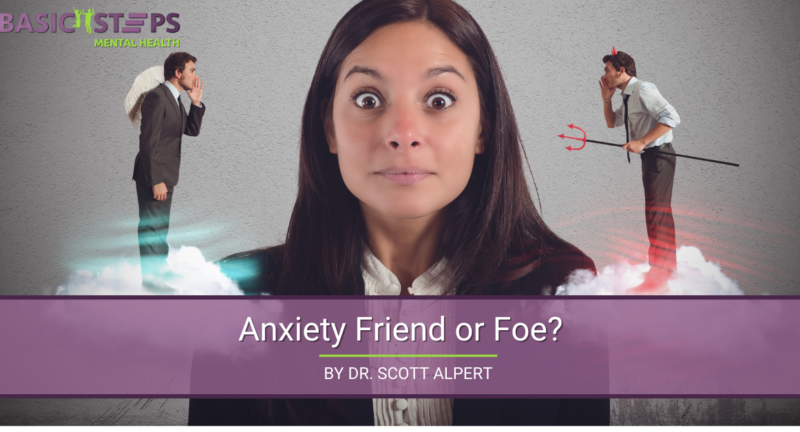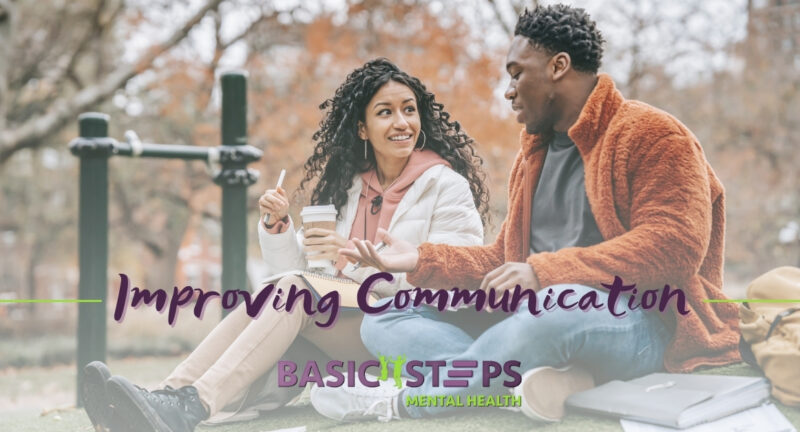
Becoming an Equal
We are all the same. Nobody is above or below us. Until we realize that we are all in this family of life together, we can learn to bridge the gap between people, countries, and this world. Such a lofty way of looking at life, many would think, but when you get right down to the fact that we are all 99.999% the same the only difference is what we think.
I recall an episode years ago on a show called “Northern Exposure” where a man’s half-brother came to visit. The brother was black and he was right. They had the same mannerisms, the same taste in food, used the same expressions at the same time, and even dated the same woman, who was the love interest of the main character. They couldn’t shake the feeling that they were exactly the same and even had the woman judge how they kissed – which was of course the same. The obvious was never stated in their skin color the entire episode! Eventually what made them different was their point of view. They realized that they were viewing the world from their particular perspective. Cudos to the network on that show.
If we all are the same, then the tools that were taught to me at the University of Santa Monica have real validity. For example, Projections. With Projections, which comes from Sigmond Freud, when we judge somebody we are judging ourselves. Freud believed that our mind was like a film projector and flung out our negativity onto others (the screen) to keep the mind feeling superior. He believed we were very fragile in our makeup and the mind did this to keep functioning properly. So, as my father told me, when you point your finger at someone, three fingers are pointing back at you. It is weird to realize that all the finger-pointing we have been doing in our life is showing us how, down deep, we feel about ourselves. The next step, of course, is to change the way we think and act, and the hope of Spiritual Psychology is to ultimately have individuals live a heart-centered life.
There was a theme at Basic Steps Mental Health this past week regarding people giving in to a friend, boss, or loved one, just to keep the peace. Many of which cried out that they were victims. “They made me…” Well, to be honest, people may suggest something, but ultimately we are in control and make the decision to do what we do regardless. Of course, under duress of someone holding a gun to you, would be a different case. Though, in my 29 years of counseling, I’ve only heard this a handful of times.
Family Systems Therapy talks about the dynamics of one person giving control to somebody else. Murray Bowen, who created the Family Systems Therapy approach believed that families tremendously affected how members think, feel, and act, but individuals in the family varied in the degree they conformed. The less developed the sense they had of themselves were, the more of an impact others had on them. So in therapy, Dr. Bowen worked on strengthening a person’s ability to resist the automatic response of following along and taking their own opinions into account.
In the extreme, especially in domestic violence situations, one spouse pressures the other to think and act in certain ways and the other accommodates them to keep the peace. Though, as family tension rises further, the subordinate spouse may yield so much self-control that their anxiety increases significantly and contributes to developing psychiatric, medical, and/or social dysfunction.
Relationships are an incredible study, if I can be quite honest. When two people meet and start dating, the family systems of both people collide. People are different psychologically. Each person is raised the way they were raised and this is their normal, suddenly they are in close quarters with another person raised differently, then bring on the children. Yikes!
It takes two people to find a middle ground, compromise, and learn ways to communicate where both people are heard. If you grew up with a strong parent dictating to others what to do and how to act, this becomes normal. If two people were raised the same way, it can make for an interesting relationship. Often I hear that one person tries to keep the relationship going, by preplanning everything, buying gifts, knowing how the other wants them to be, then changing themselves to please them. And often, people get stuck in these lifestyles for years! At that point is there love or a constant pursuit of it?
It is up to you to decide what type of relationship you want to have. Since we can’t change them, it is important for us to be ourselves, and if they don’t like you for you, it is obviously a dysfunctional relationship. One in which you have to hide your true self from the other. This is not fair to you or them. Then there is the subject of finances. Many people feel they are financially trapped and one or both cannot afford to move on and live life the way they want. All in the sign of the times.
What should be done if we feel locked into a situation? As my best friend told me, “There is always an out.” We are in this life to learn, grow, and be the best we can be. We are all on our own solo journey and during these transitional periods, the person you need to confide in the most with, is yourself. Write a letter to yourself. It may be odd but in my writing a letter to myself while I was in the midst of an abusive relationship, I came up with an exit plan – “Just in Case”. Well just in case showed up and I was out of there in a flash. Many can be stuck in these abusive relationships for years, or decades. It took me the process of visualizing the exit plan that saved me years of grief.
In intimate relationships, people are honest, and open, talk about the hard subjects, mediate a resolution, and grow stronger. It is not about pleasing the other person so they will stay. There is a knowing that they choose to be with you and there is safety to talk about subjects that are often avoided. These relationships have each partner practicing self-care and supporting each other in whatever way is needed. It is a mutual understanding and commitment.
Compassionate Care is Always Available
There are many more tools and strategies you can use in your pursuit of happiness. Here is where we come in. Contact us at Basic Steps Mental Health and let us support and educate you on this journey back to your loving heart center. Imagine living a heart-centered life, regardless of what is happening externally. We’d love to be of help.
For 25 years, Dr. Scott Alpert, the clinical director of Basic Steps Mental Health, has treated over 7,000 people with mental health and addiction problems, using a Psychological approach that mixes and matches ten of the top approaches used in the industry. We are here virtually and in-person to help you get through this COVID-19 pandemic and many other difficulties you may be experiencing.
May you have good mental health.
Related Posts
Anxiety Friend or Foe?
When I graduated with my master's degree at the University of Santa Monica, the...
Improving Communication
Maybe this article should be titled, “Get off your ifs, ands, and buts.” This...




